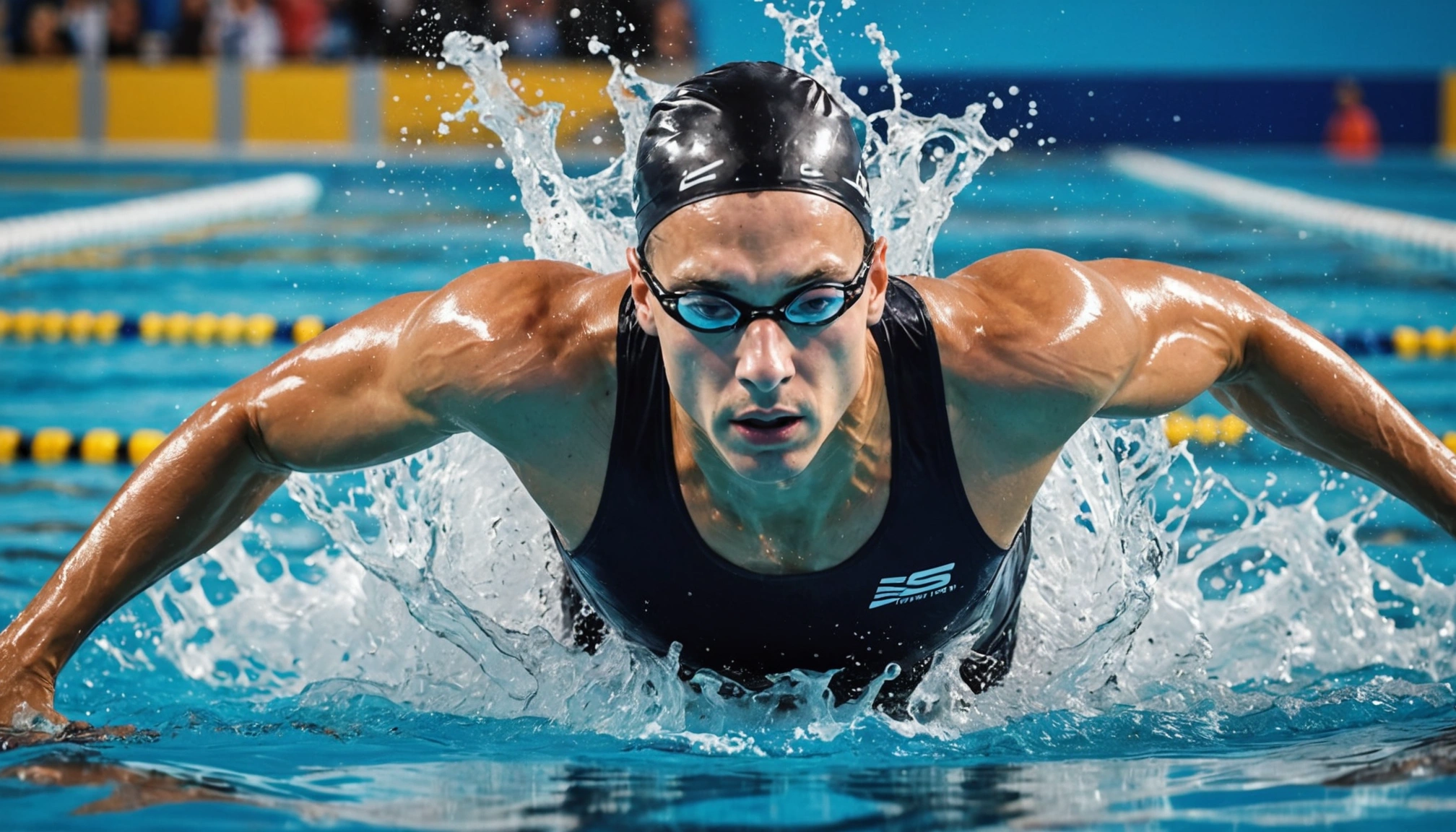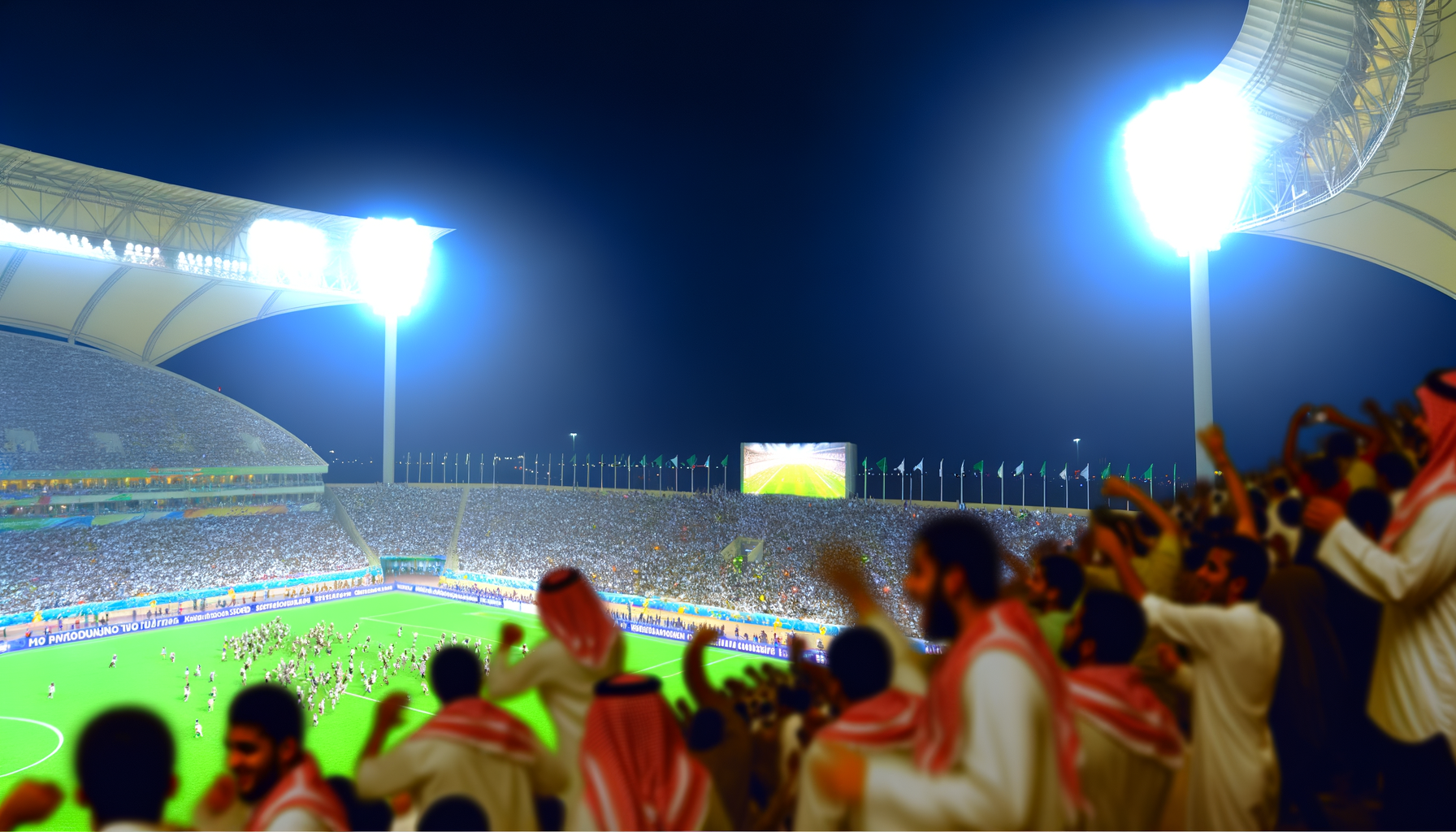Evgeny Rylov's FINA Ban Sparks Controversy at Russian Nationals
FINA investigates Evgeny Rylov competing while banned amid Russia-Ukraine tensions. Discover the implications and latest developments in swimming governance.

By Editorial
Introduction to Evgeny Rylov's ban and recent controversy
Evgeny Rylov, the Olympic backstroke champion, has recently become the centre of a significant controversy after competing in Russia's national swimming championships while under a nine-month ban imposed by FINA. The ban followed his attendance at a rally supporting Russia's military operation in Ukraine, raising questions about sportsmanship, governance, and political influence in sport. This article explores the background, the ongoing FINA investigation, and the wider implications for international swimming.
Background: Rylov's achievements and ban
Evgeny Rylov won gold medals in the 100m and 200m backstroke events at the Tokyo 2020 Olympics, cementing his status as one of the world's top swimmers. However, in March 2022, Rylov attended a rally in Moscow hosted by Russian President Vladimir Putin, which publicly supported Russia's invasion of Ukraine. This attendance led FINA, the international governing body for swimming, to impose a nine-month suspension on Rylov, effective immediately. Furthermore, FINA banned all Russian and Belarusian athletes from its sanctioned events throughout 2022.
FINA's investigation into Rylov's participation at Russian nationals
Despite the ban, Rylov competed at the Russian national championships held in Kazan, finishing third in the 100m backstroke. This has prompted FINA to launch an internal review to determine whether Rylov's participation violated its sanctions. The key question is whether the Russian national championships fall under FINA's jurisdiction, considering that FINA's ban covers events organised or sanctioned by the body.
Russian Swimming Federation president Vladimir Salnikov has argued that the national championships are not a FINA event, suggesting the ban does not apply. However, FINA's investigation will clarify if any rules or sanctions were breached, and the outcome could set a precedent for how political conflicts impact international sports governance.
The symbolism and political context behind Rylov's actions
At the Moscow rally, Rylov and other athletes wore the letter 'Z' on their outfits, a symbol widely recognised as supporting Russia's military actions in Ukraine. Belarus's involvement as a staging ground for the invasion adds further complexity to the situation, as athletes from both nations face bans from international competition.
The broader context highlights the challenges sports governing bodies face when political conflicts intersect with athletic careers. Rylov's case exemplifies the difficult balance between respecting athletes' individual freedoms and maintaining the integrity and neutrality of international sport.
Implications for Russian and Belarusian athletes in international competition
FINA's ban on Russian and Belarusian swimmers affects their ability to compete internationally, impacting training, sponsorships, and career progression. The ban's enforcement and the ongoing investigation into Rylov's national competition participation reveal tensions between national sporting bodies and international federations.
This situation mirrors wider sporting sanctions in response to geopolitical conflicts, such as the restrictions imposed by other international sports organisations. Fans and athletes alike are left questioning the long-term consequences for sporting diplomacy and athletes' careers.
What this means for the future of sports governance and athlete conduct
The Rylov case raises important questions about how sports governing bodies can enforce sanctions effectively, especially when national federations challenge international rulings. It also underscores the role athletes play as public figures whose actions off the field can have significant repercussions.
Sports organisations may need to develop clearer policies and communication strategies to manage politically sensitive situations. This episode may also prompt debates on athlete activism, freedom of expression, and the responsibility sports stars have in global political contexts.
Conclusion: Lessons and next steps for FINA and the swimming community
As FINA continues its review, the outcome will be closely watched by the swimming world and sports governance experts. It will not only affect Rylov's career but also influence how international federations handle politically charged incidents in the future.
For fans interested in the wider implications of sports governance and athlete rights, examining how organisations like the BBC protect data in sport polls and quizzes provides additional insight into the complexities of modern sports administration and fan engagement.
Ultimately, the Evgeny Rylov controversy highlights the intersection of sports, politics, and ethics, emphasising the need for transparent, consistent, and fair governance in international sport.
Related topics
Editorial
Sports expert at SportsScoop
Specialist in sports analysis and journalism
Related articles
Want to read more?
Explore our comprehensive collection of sports articles and analysis, or contact us for more information.



